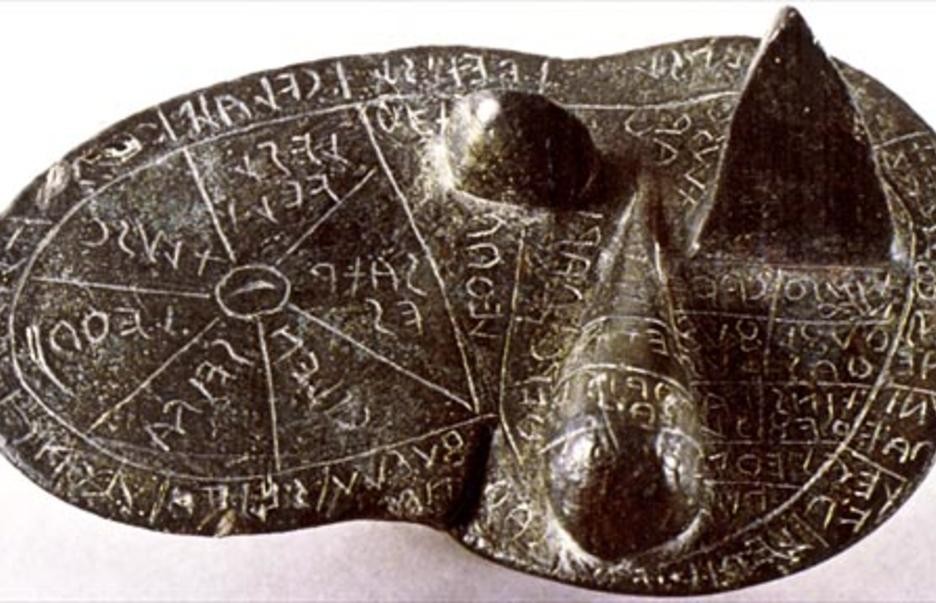Sponsored by the Center for the Ancient Mediterranean
Daniele Maras (an Italian Academy Fellow) addresses the "mystery of the Etruscans," which rests on three major issues attached to their perception by ancient authors and the modern public: their inscrutable origins, their unparalleled language, and their peculiar religion. While the first two issues have interested especially ancient Greek sources and modern scholars, the features of Etruscan religious practices are a recurring motif of Latin literature. In fact, in the Roman world, the Etruscans enjoyed a long-lasting fame as clever seers, especially regarding their ability as haruspices, that is to say, priests able to read future events within the entrails of sacrifice victims.
The foundation of this ancient religious tradition was the so-called Etrusca Disciplina: a collection of original knowledge and prescriptions, which had been revealed, according to tradition, by the mythical child genie Tages at the very beginning of Etruscan history. For generation after generation the haruspices handed down the Disciplina, writing new texts in order to modernize its contents, applications and rituals to meet current cultural conditions.
There is ample evidence that this steady scholarly work was still being carried on in the late Republican and early Imperial periods, supplementing the corpus of Etruscan books, then in Latin translation, known under the name of Libri rituales, fulgurales and haruspicini. The increasing information on the activity of Etrusco-Roman haruspices and the high interest on the part of emperors and public institutions in their prophecies demonstrates the constant penetration of the foreign Disciplina into the Roman mos maiorum.
In the last centuries of paganism the so-called ‘Etruscan’ haruspices were among the most vigorous opponents of new religions, as in the case of early Christianity. This caused a reaction on the part of the Fathers of Church, who blamed Etruscan superstition, with special regard to divination. Thus, the last remains of independent Etruscan culture were eventually destined to vanish.
For more on Columbia's Center for the Ancient Mediterranean: http://centerfortheancientmediterranean.org/
